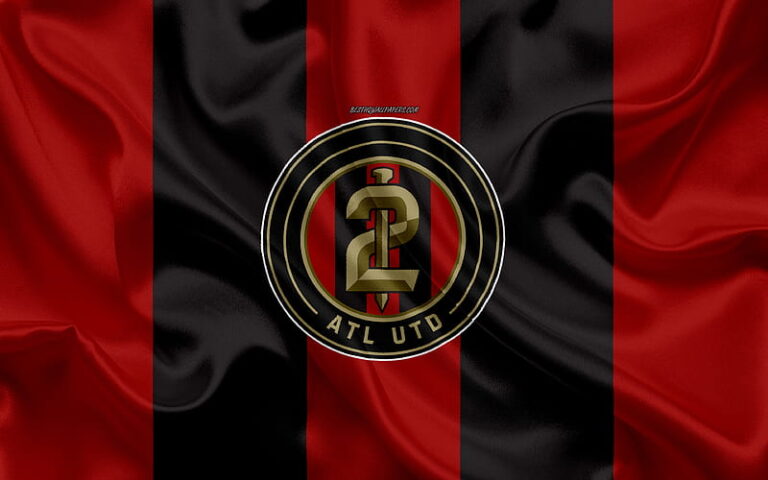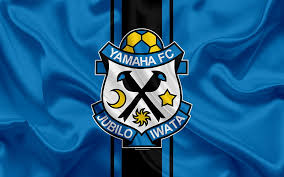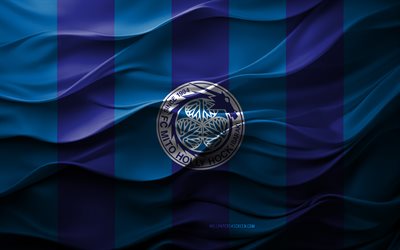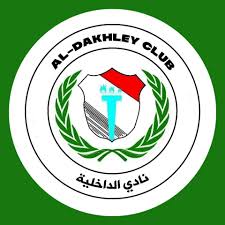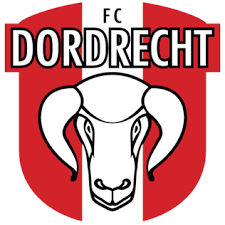
FC Dordrecht
FC Dordrecht is a renowned name in Dutch football, with a rich history intertwined with the development of the sport in the Netherlands. Known affectionately as “Dordtse Boys,” this club has experienced the highs and lows typical of many historic teams, forging a dedicated following and a legacy that stretches back over a century. In this comprehensive article, we explore the origins, evolution, and current status of FC Dordrecht, providing insights into its historical significance and recent developments.
The Origins and Historical Background of FC Dordrecht
The foundation of FC Dordrecht dates back to the early 20th century, marking its place among the long-standing football clubs in the Netherlands. Understanding the roots of FC Dordrecht offers valuable context to appreciate its journey through Dutch football’s evolving landscape rr 88.
Early Beginnings and Formation
The story of FC Dordrecht begins amid the industrial expansion and urban development in Dordrecht, a city with a storied maritime history. Initially established under a different name, the club’s formation was driven by local enthusiasts eager to create a platform for competitive football.
During its nascent years, the club competed in regional leagues, gradually building a reputation for resilience and community spirit. The early 20th century was a period characterized by amateurism and local pride, which laid the foundation for the club’s future ambitions.
The transition to professionalism occurred gradually, aligned with wider changes in Dutch football regulations. These shifts allowed FC Dordrecht to participate more competitively at national levels, paving the way for participation in higher leagues.
The Evolution Through the Decades
Throughout the mid-20th century, FC Dordrecht steadily climbed the ranks of Dutch football, facing both triumphs and setbacks. Notably, their promotion to the top-tier Eredivisie marked a significant milestone, showcasing the club’s growth and determination.
The club’s early successes were often punctuated by challenges such as financial constraints and fierce competition from bigger clubs. Yet, their resilience kept them afloat, thanks largely to passionate supporters and committed management.
By the late 20th century, FC Dordrecht had established itself as a cornerstone of Dutch football, frequently oscillating between divisions but always maintaining a core group of loyal fans. Their perseverance established them as a resilient club with a distinct identity rooted in community and tradition.
Key Historical Moments
Several moments stand out as defining in the history of FC Dordrecht. One such event was their narrow escape from relegation in certain seasons, demonstrating the team’s grit. Additionally, notable cup runs brought temporary national attention, inspiring new generations of fans.
In particular, the club’s 1990s era saw significant attempts at establishing themselves permanently in the Eredivisie, although stability proved elusive at times. Despite these hurdles, FC Dordrecht remained a symbol of unwavering local support and sporting passion.
Cultural and Social Impact
Beyond the pitch, FC Dordrecht has played an essential role in fostering community identity and social cohesion. The club’s engagement with youth programs and local initiatives highlights its broader societal importance.
This influence extends beyond sports, contributing to local pride and providing a gathering point where residents celebrate their shared heritage. The club’s history is thus not only about football but also about collective identity.
